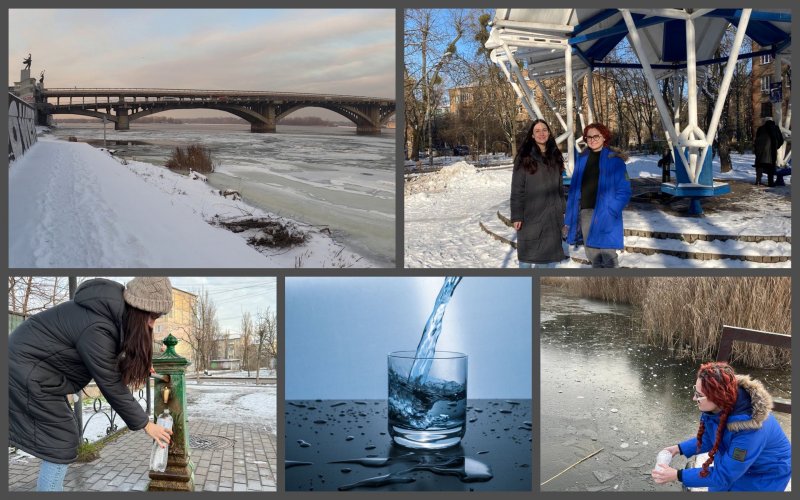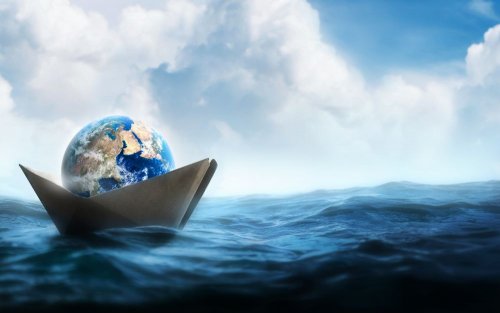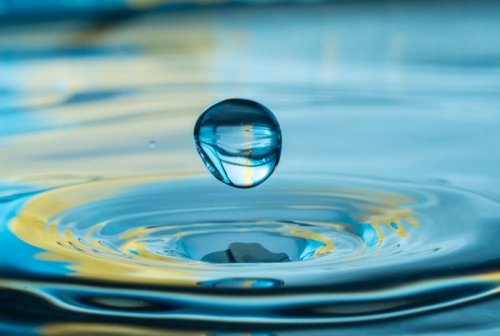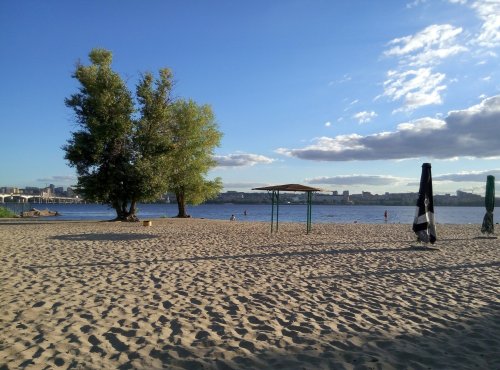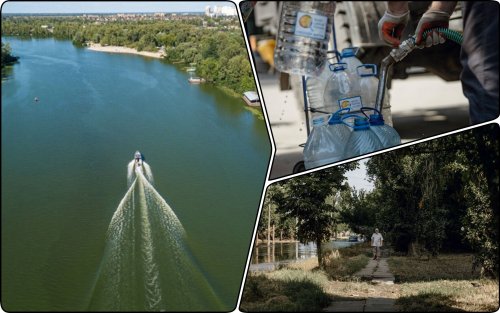EcoPolitic completed research on the quality of drinking water in pumping stations, rivers and lakes of Kyiv and the region and publishes the final results. You can get a detailed look at the results of laboratory analysis of samples and read expert opinions on the state of water in Kyiv by following the link.
*This publication was prepared within the framework of the project "Reducing the risks of natural disasters in conflict-affected areas of Ukraine", which is implemented by ACTED, IMPACT Initiatives and CF "Right to Protection" with the support of Switzerland.
In the realities of the war, due to constant shelling, many residents of Kyiv and the region do not have access to water in their homes. So the only way out for them is water in pumps. However, people may not know whether harmful compounds enter their bodies with drinking water and whether the water meets sanitary standards.
Contaminated water can cause exacerbation of chronic diseases, skin, kidney and intestinal problems. Scientists have confirmed a direct connection between the quality of drinking water and life expectancy. According to the World Health Organization, about 9 out of 10 human diseases are caused by the consumption of poor-quality water, as well as the use of unprepared water for domestic purposes (shower, bath, swimming pool, washing dishes, laundry, etc.). The issue of the quality of drinking water not only did not lose its relevance during the full-scale war in Ukraine, but also intensified.
In addition, access to clean and safe water is one of the goals of sustainable development. Also, polluted water negatively affects birds, animals, fish life, plants and destroys entire ecosystems.
On December 1-2, 2022, the EcoPolitic team took water samples from 10 pumping stations in Kyiv in each administrative district and in the city of Ukrainka (Kyiv region). And also from 8 lakes and rivers of Kyiv, 5 of which have nature protection status.
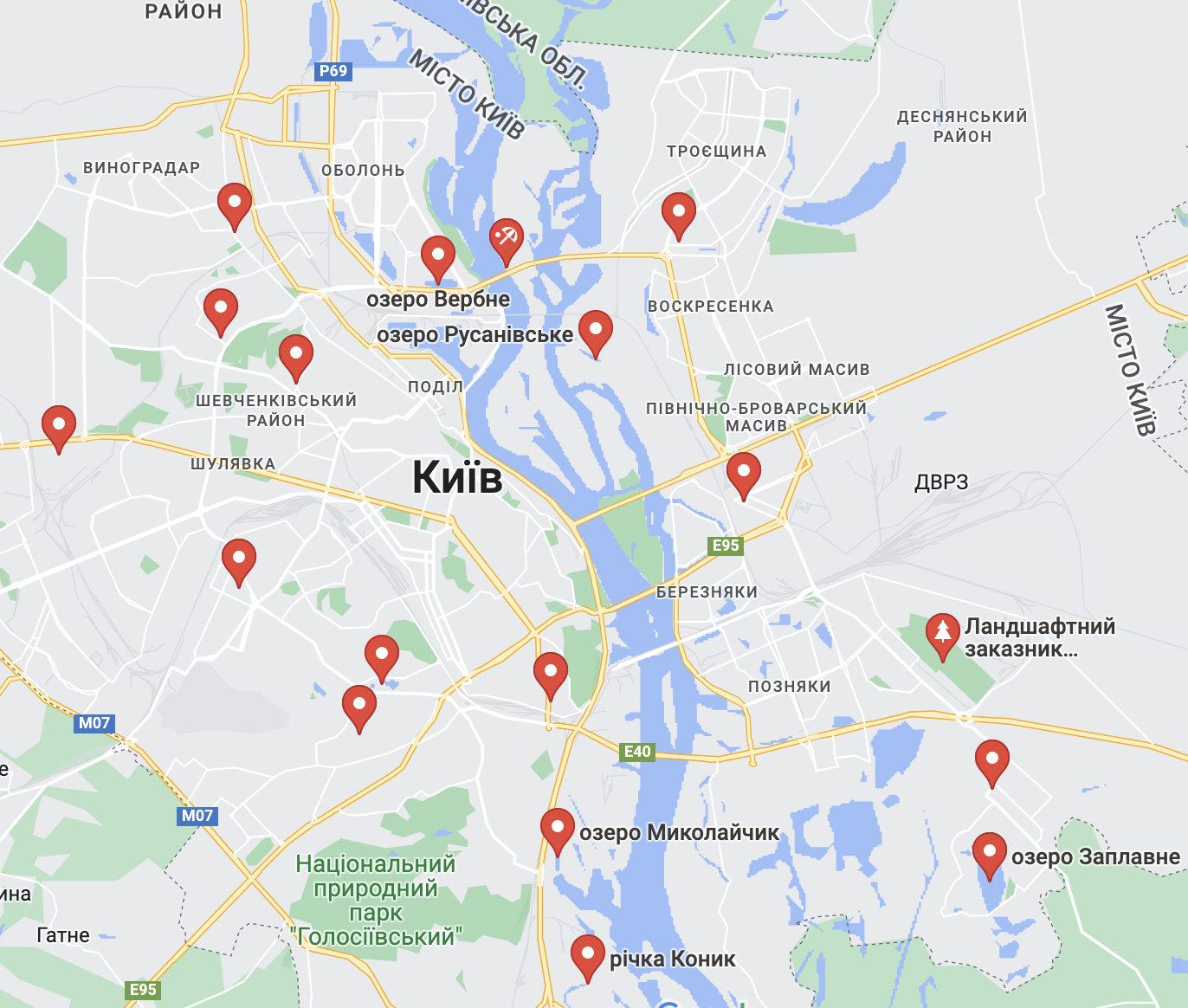
Chemical analysis of the samples was carried out by the laboratory of the Institute of Radiation Protection in Vyshgorod.
The results
During the research, it was found that pollution standards were exceeded in 5 rivers and lakes in Kyiv, namely:
- of general stiffness – in Sovskiy Stavky;
Such an excess is due to the presence of chlorides, sulfates, calcium and magnesium nitrates in the water. So that such water does not harm health and the state of technology, it must be defended.
- biochemical oxygen consumption (BSK-5) – in Sovskiy Stavky, Lake Mykolaychyk and the Dnipro River;
Exceeding BSK-5 indicates general water pollution by organic substances.
- ammonium – lakes Zaplavne and Verbne.
An increase in the concentration of ammonium is usually due to the entry of sewage, nitrogen and organic fertilizers into the groundwater.
Sovskiy Stavky, Verbne and Zaplavne lakes have nature conservation status, and Verbne lake is an ichthyological reserve of local importance.
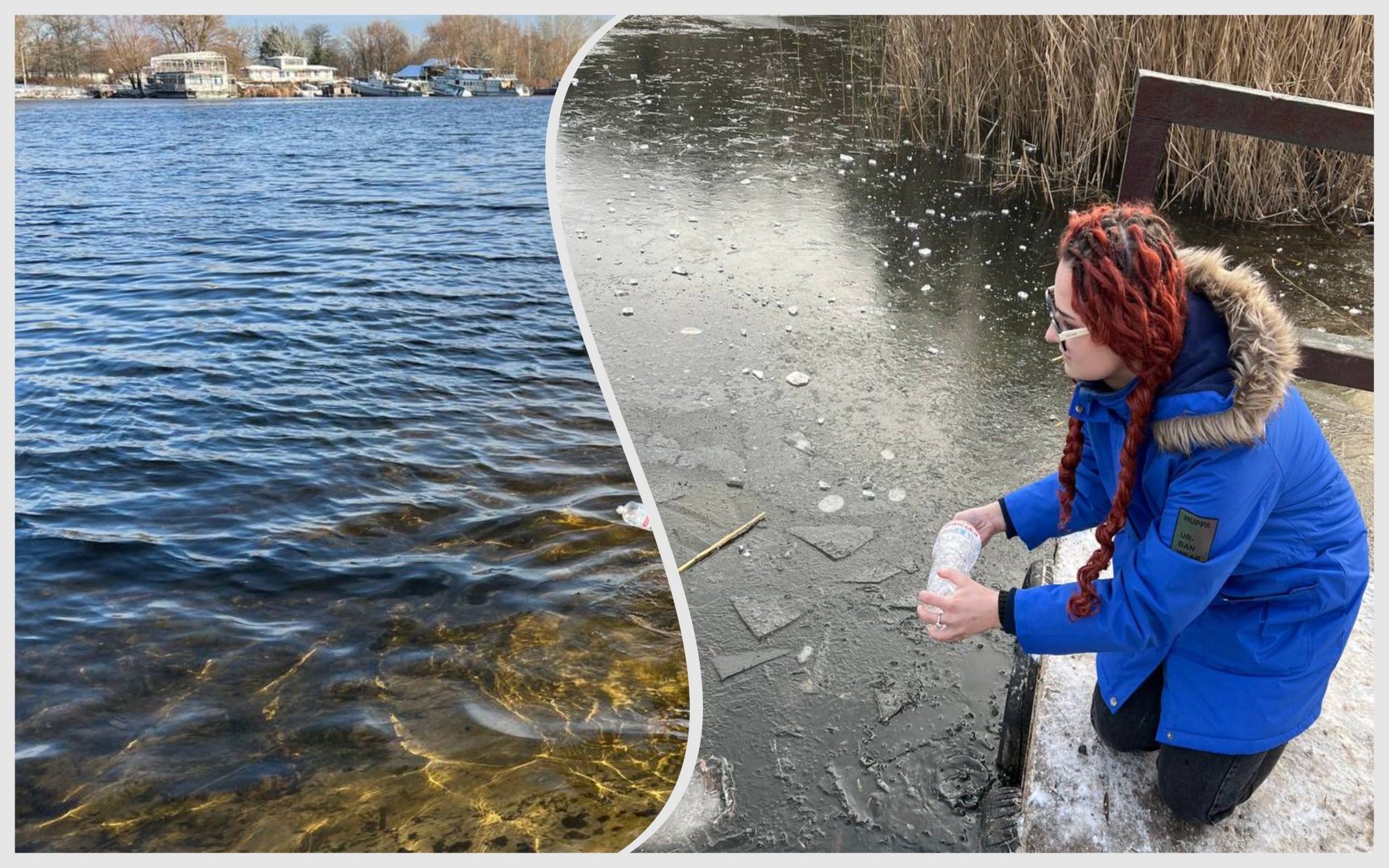
In addition, it was discovered an excess of iron indicators general and turbidity in the pumping station at the address: st. Yevhena Kharchenko, 29, in the Bortnichy microdistrict, Darnytskyi district, Kyiv. The editorial office of EcoPolitics informed Kyivvodfond about the excess, so that specialists could eliminate the causes of rust entering drinking water.
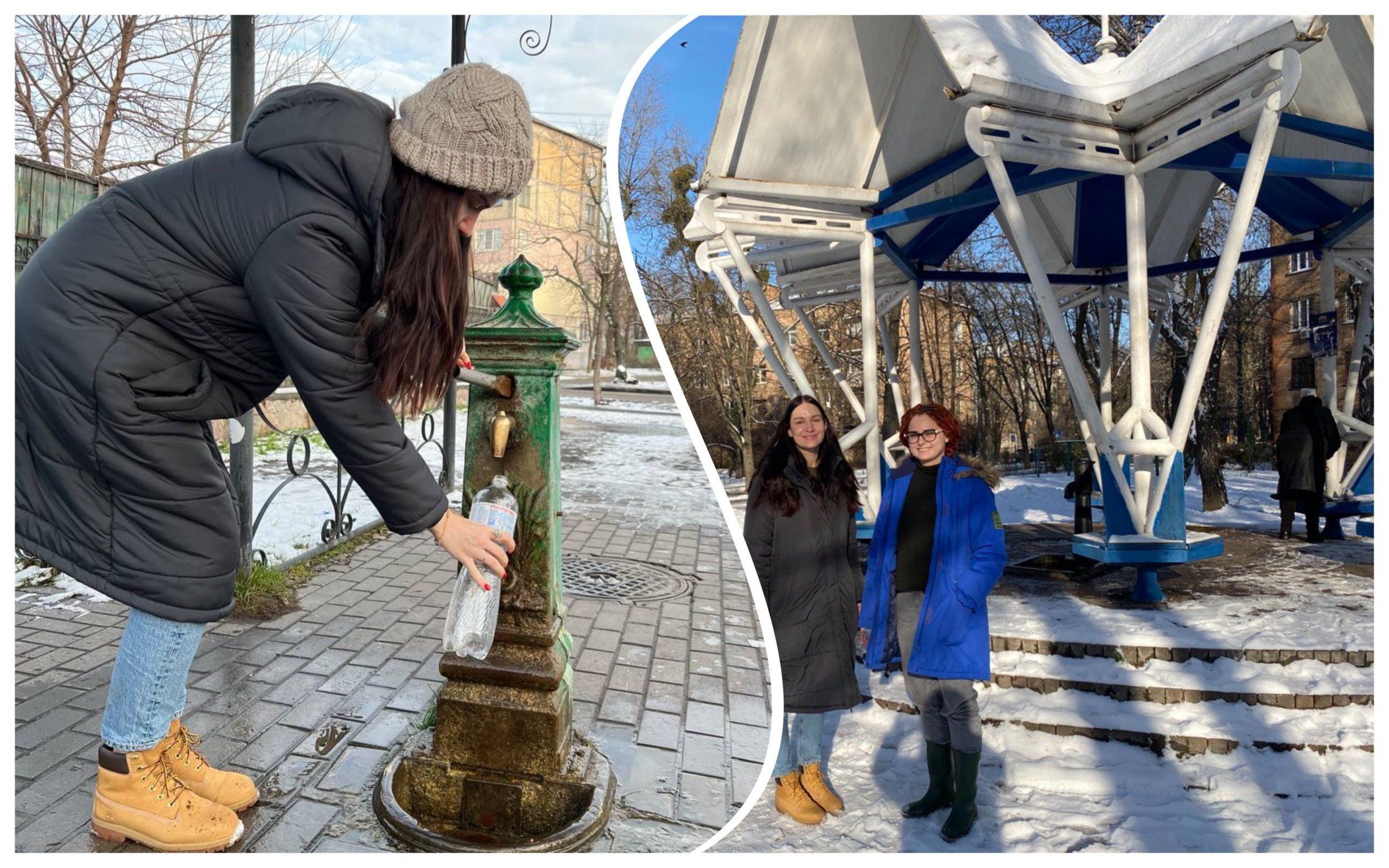
Research protocols of all selected samples are available in the study appendices.
Conclusions
The main goal of the project was to draw attention to the problem of water pollution in Ukraine. After all, Kyiv residents collect water in the capital's pumping stations every day for personal needs, and the quality of such water is checked irregularly. As the results of our research showed, out of 11 selected samples in pumping stations, 10 met the norm, in 1 case an excess of harmful substances was found.
The EcoPolitic team is aware that only part of Kyiv's pumping stations were included in the research pool, so the actual scale of water pollution may be much higher. However, our editors do not plan to stop in their research, we will definitely continue the work we have started.
**This article was created with the support of Switzerland. Responsibility for the content of this publication lies solely with the author/author team of EcoPolitics. The opinion of the author(s) does not necessarily reflect the views of the donor.


